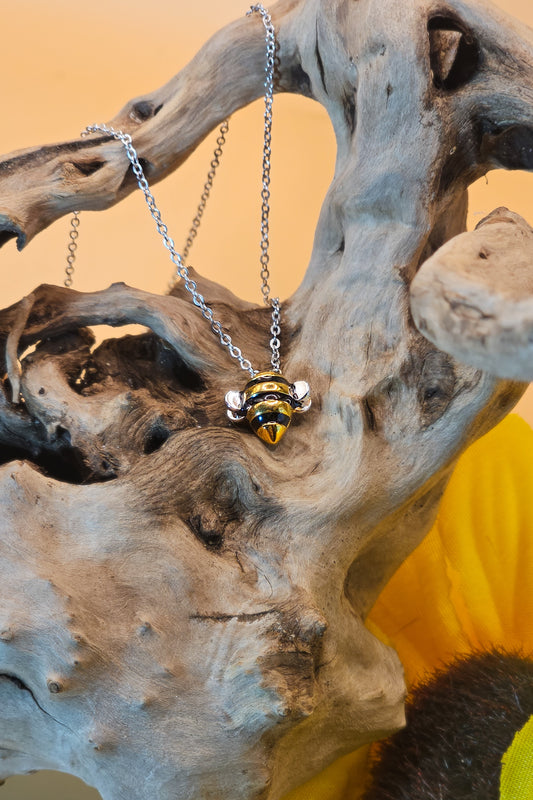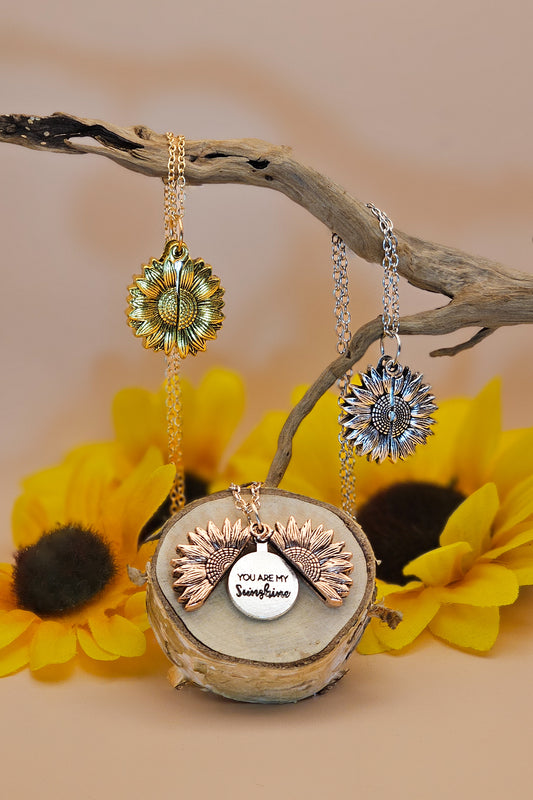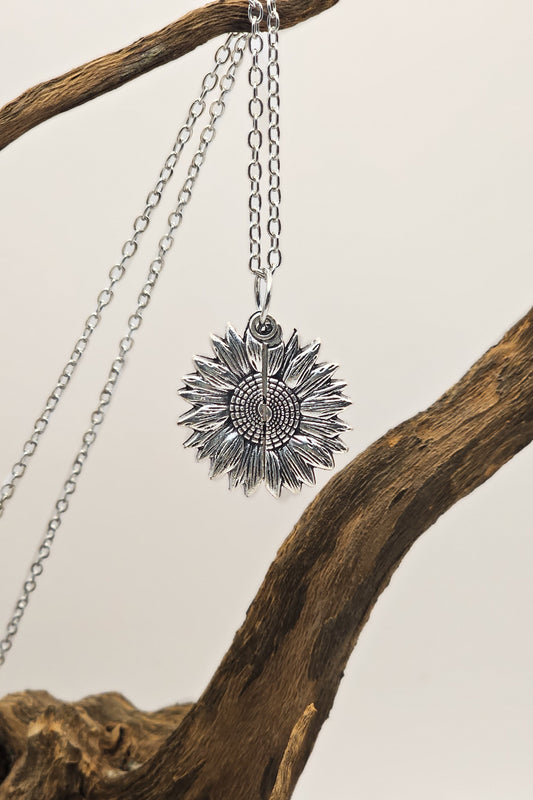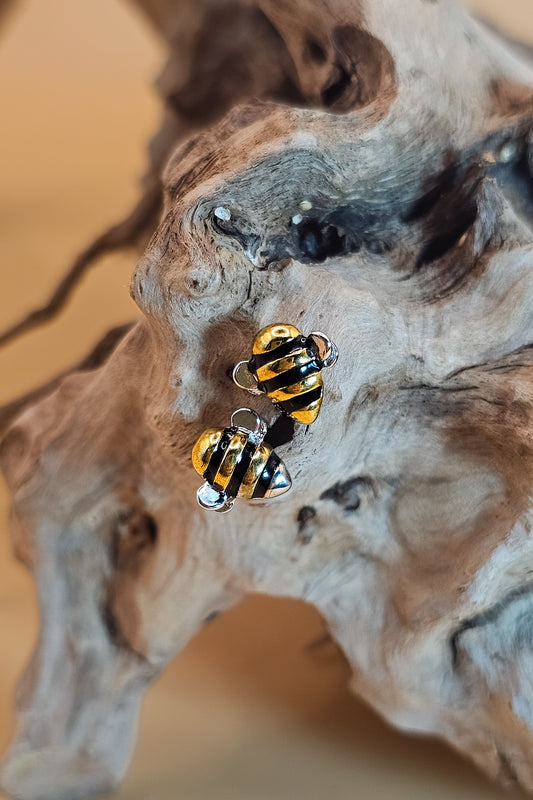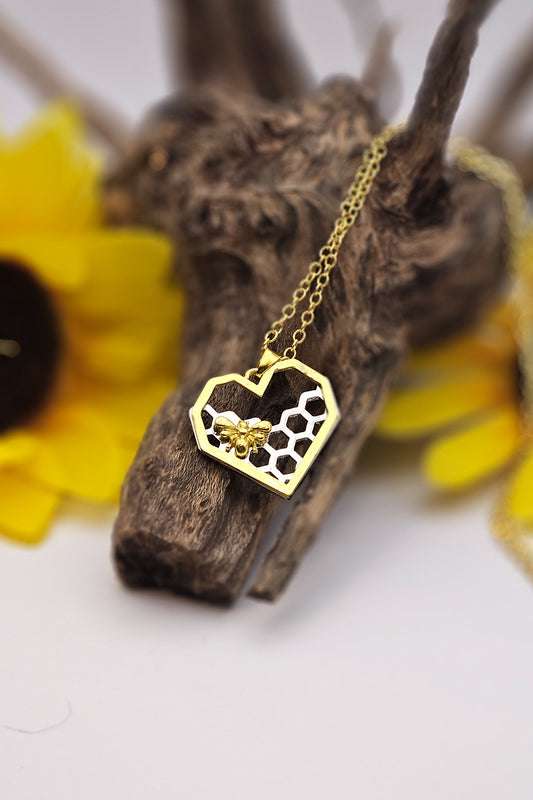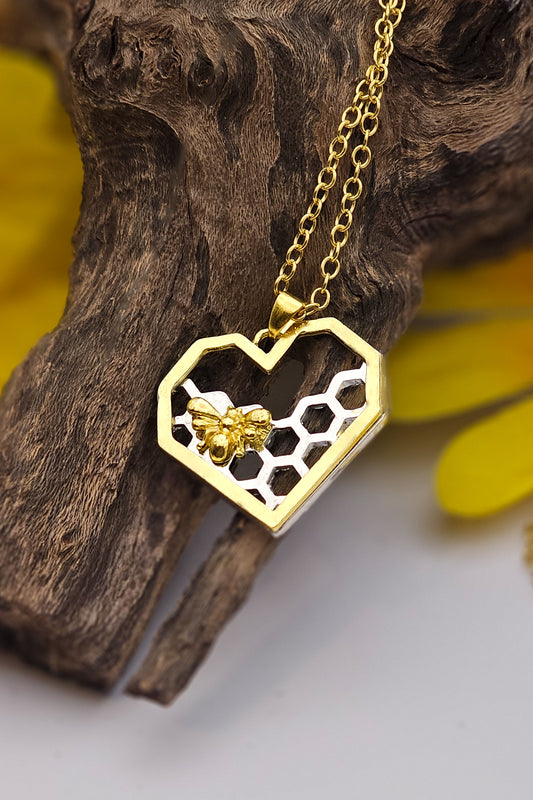The mason bee is better known these days than ever before, and people of all ages and stages in life are learning more about this busy bee. As people are exposed to these bees and see how friendly they are, it is helping to shift fear or other negative feelings about bees in general.
Gardeners and farmers are learning to appreciate the mason bee as the great pollinator that it is and enjoy how easy it is to take care of them as tiny livestock. As the mason bee grows in popularity, people are bringing more and more of them into back yards and gardens all over the country.
The mason bee is a solitary bee. This means they do not live inside hives. They live alone, forage for food alone, and find a nest where the female lays her own eggs. They are non-aggressive, largely because they don’t have to protect a queen or a hive, or even a bunch of baby bees.
They are widely known as both STINGLESS and low maintenance, two qualities that totally endear them to humanity.
Mason bees are extraordinarily amazing pollinators because their bodies are covered in tiny hairs. The reason they are such great pollinators is because they are masters of the belly flop. Whereas a worker honeybee collects pollen on her back legs in pollen baskets, the mason bee crash lands on flowers so the pollen is collected all over their bodies. This means they pollinate 95% of the flowers they land on. Keep in mind that they can visit over 2,000 flowers every single day. That’s a whole lot of pollinating! This makes the mason bee one of the best pollinators that nature has ever experienced.
This 3:01-minute video by Rent Mason Bees helps us learn about mason bees:
We blogged previously about the company Rent Mason Bees, suggesting at the time that renting some mason bees for the garden all summer long was an excellent way to introduce kids or grandchildren to stingless bees in a non-threatening and bee-loving environment. You can read the previous post here.
If this interests you, consider some of the other benefits as well. Native solitary bees enrich your habitat and support a healthy ecosystem that stabilizes soil, cleans the air, and supports other wildlife. All you have to do is bring them to your garden and release these native solitary bees into your environment.
Gardeners can rent mason bee kits from Rent Mason Bees, or another company, to pollinate their garden and help to increase solitary bee populations. When autumn comes, the host returns the nesting block to be harvested and cleaned to rid it of harmful predators or pests. This is an important step when raising mason bees, so don’t cut corners.
During the autumn season, Rent Mason Bees cleans out millions of mason bee cocoons and nesting blocks to remove such predators as chalk brood and Houdini fly larva, pollen mites, and other threats that can destroy and wipe out mason bees and other solitary bee populations. Also, by removing all the predators, strong and healthy bees can be released by farmers and gardeners the following spring, a ritual that returns healthy bees to the environment.
This also benefits honeybees, because the intense and stressful workload has been fully on them, whereas the more solitary bees are recognized as exceptional pollinators as well, the more they partner with honeybees and release that load of responsibility by sharing it.
According to Thyra McKelvie at Rent Mason Bees, the main reason they rent solitary bees to the public is so that more people interact with native bee populations without being burdened by the fall maintenance requirements of harvesting and cleaning mason bee cocoons and nesting blocks. Renting bees also helps more gardeners to pollinate their yards while helping solitary bee populations to survive and thrive.
This provides a rare opportunity for all ages to know and love bees more... a true win-win situation.
Rent Mason Bees is a division of Watts Solitary Bees, which has been family owned and operated for over 56 years. They work with farmers to pollinate crops with solitary bees.
Consider what an enriching experience it may be next spring to rent some mason bees and share them with your family all summer, building trust between humans and bees, while helping mason bees to grow their own populations.


